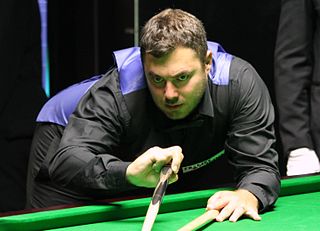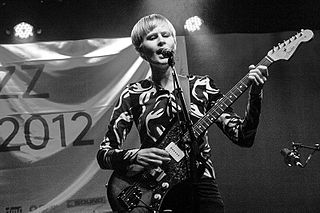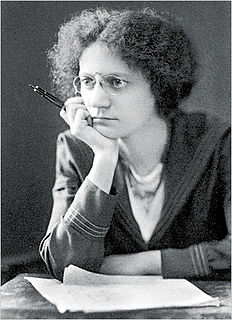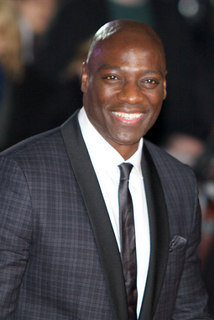A Quote by Liv Ullmann
Ibsen was Norwegian by birth, but universal in spirit.
Related Quotes
You can write a radical Norwegian or a conservative Norwegian. And when I changed to a conservative Norwegian, I gained this distance or objectivity in the language. The gap released something in me, and in the writing, which made it possible for the protagonist to think thoughts I had never myself thought.
A play is basically a long, formalistic polemic. You can write it without the poetry, and if you do, you may have a pretty good play. We know this because we see plays in translation. Not many people speak Norwegian or Danish or whatever guys like Ibsen spoke, or Russian - yet we understand Chekhov and the others.
We are not born all at once, but by bits. The body first, and the spirit later; and the birth and growth of the spirit, in those who are attentive to their own inner life, are slow and exceedingly painful. Our mothers are racked with the pains of our physical birth; we ourselves suffer the longer pains of our spiritual growth.
The great Norwegian playwright, Henrik Ibsen, wrote, "One of these days, the younger generation will come knocking at my door." The future is knocking at our door right now. Make no mistake, the next generation will ask us one of two questions. Either they will ask: "What were you thinking; why didn't you act?" Or they will ask instead: "How did you find the moral courage to rise and successfully resolve a crisis that so many said was impossible to solve?




































